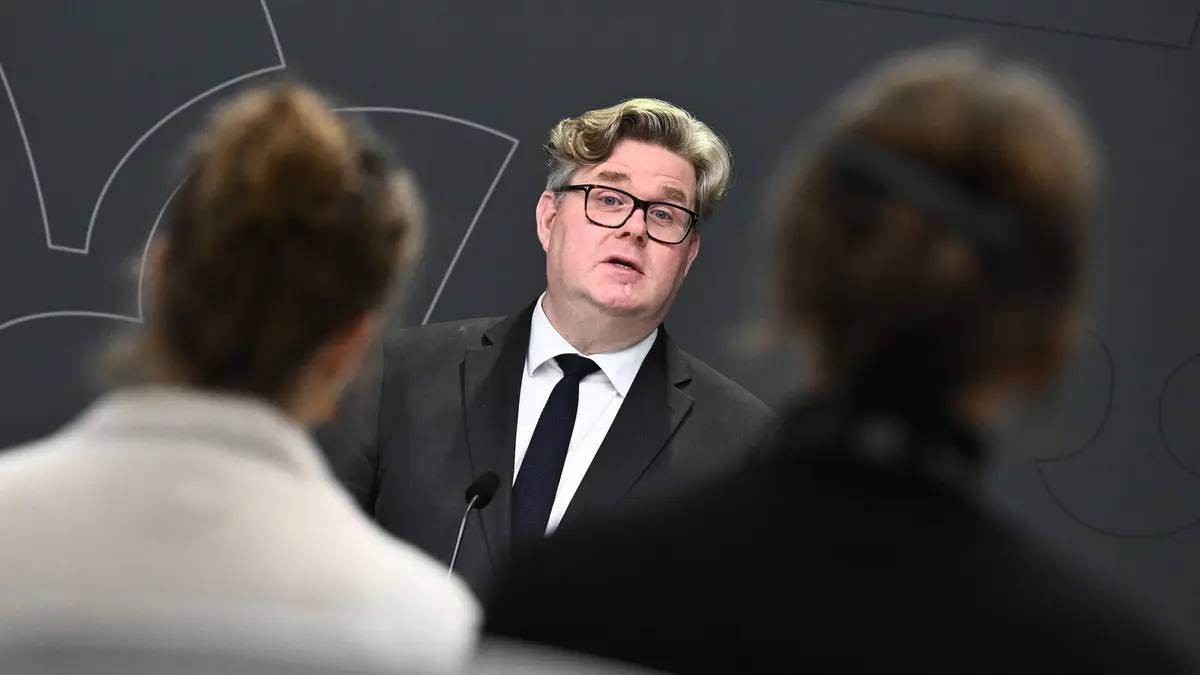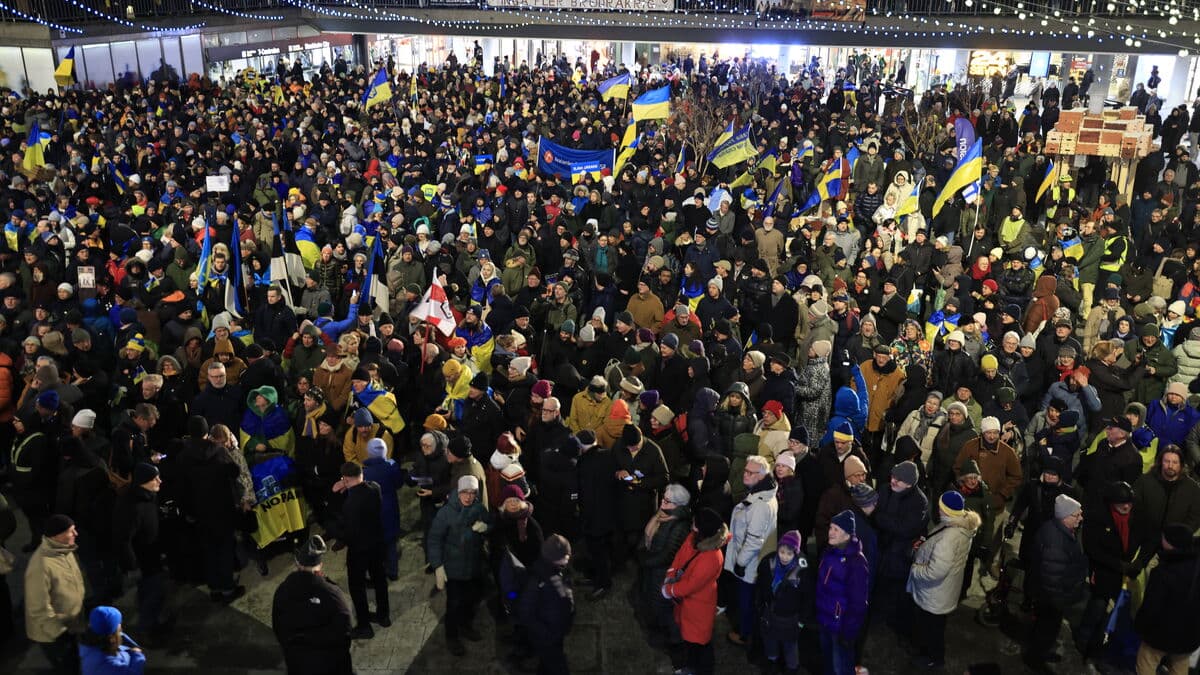It's a pretty big change, says investigator Gunnel Lindberg.
Today, the police are not allowed to use secret coercive measures against children under 15 years old. But as younger and younger children are being recruited by criminal gangs, this has become a problem, for example, when the police are not allowed to access minors' phones.
It's always sensitive to use coercive measures against children, that's something everyone agrees on. At the same time, you have to meet the social development we have, says Lindberg.
Believes in a few cases
The police will be allowed to use, among other things, secret wiretapping, secret camera surveillance, and secret data retrieval against children under 15 years old in cases of suspected crimes with at least four years' imprisonment in the penalty scale, or certain terrorist offenses.
Secret room surveillance, so-called bugging, will be permitted when suspecting crimes with a minimum penalty of five years.
Gunnel Lindberg believes that the number of applications concerning children under 15 years old will be "a few" per year.
According to the investigator, all proposals are within the framework of the Convention on the Rights of the Child and human rights. Even Save the Children think that many of the directives and proposals are compatible with children's rights.
At an overall level, we have seen the directives of this investigation as relatively positive from the start, says Suzanna Holmberg, political advisor to the organization.
"Far-reaching proposals"
Julia Högberg, child rights lawyer at Bris, thinks that the most important thing is to use coercive measures for the right purpose.
Based on what we know about the investigation and the dialogue we have had, we see that there may be proposals for measures that are defensible, but the crucial thing is that you look at it and use it from a child rights perspective, and not just from the interest of the law enforcement authorities, she says.
Justice Minister Gunnar Strömmer (M) says that you have to come up with proposals to meet a new reality.
Then I have great respect for the fact that these are far-reaching proposals, he says.
Children under 15 are not criminally liable and cannot be convicted of crimes.
Is it a natural consequence of this to lower the age of criminal responsibility?
Not necessarily. An important purpose can be to clear up crimes, children can, for example, be subject to a witness statement. Another important consequence is that you can get to those behind the crime; those who order and instigate, says Strömmer.
The investigator proposes:
# Secret coercive measures will be allowed to be used against children under 15 years old in certain cases. The crime should have at least four years' imprisonment in the penalty scale.
# Preventive wiretapping will be allowed to be used by Säpo against children under 15 years old, in cases of crimes with at least five years' imprisonment in the penalty scale.
# The possibility of using house searches and body searches against children under 15 years old will be expanded by abolishing the requirement for special reasons.
# Biometric data, such as DNA samples, fingerprints, and facial images, will be allowed to be taken from children to be entered into the police's biometric register. Video, voice samples, and handwriting samples will be allowed to be taken within the framework of criminal investigations.
# The time limit for how long a child can be detained will be increased from three months to five.






